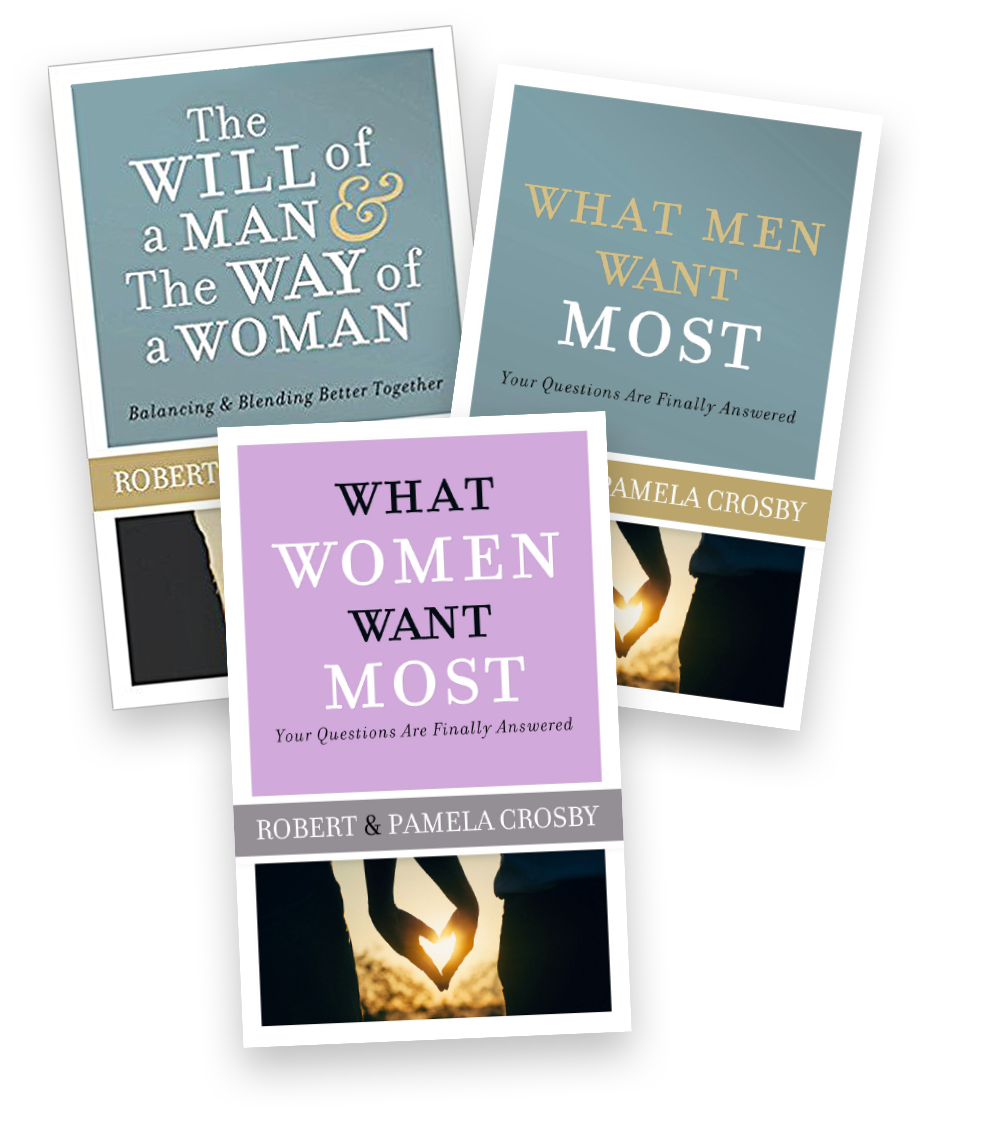The Thing That Can Make [or Break] Your Marriage
There is one question we like to ask young adults about relationships. It goes something like this: You know that person that you really are interested in, or in love or like with right now? And, do you know the things that you really like about them and your relationship with them? Well, when you get married those things are going to be a hundred times better. Why? Because you are sharing life then 24/7. Often that statement is met with smiles. Then, we like to add this into the mix: You know that things that you really DON’T like about that person and your relationship with them? Well. I’m just saying …
One of the greatest influences on your marriage is the way you think about your marriage. Your thoughts about marriage, and in particular the way you think about your marriage, it vital to how strong or weak it is, even today. Let us explain.
Understanding Expectations
For one, it comes down to expectations. Expectations are powerful motivators in marriage. In some ways expectations can lift a marriage to great heights. After all, our beliefs have an impact on our expectations. For example, in sports it is doubtful that you will be able to win a game if you don’t have some expectation that you can do so. Expectation and hope are quite similar. And, every marriage needs hope. We need to be able to believe that something extraordinary can happen, something good.
However, unrealistic or uninformed expectations can also be a powerful drain on your marriage. For instance, if your expectations are exaggerated or unrealistic, then you set yourself up for discouragements, perhaps lots of them. If hopeful expectations fully discount issues of truth, false hopes can form in our minds. This can lead to great frustration.
One way hope is created within us is when a promise is made. For instance, a husband tells his wife, “Today I’m going to come home a little early from work and we can go for a bike ride before dinner.” By the end of the day, when the wife gets home from work, she is ready for the outing, but her husband isn’t home yet.
Thirty minutes later – no husband.
One hour later – not here yet.
How does the wife start to feel at this point? You know how – disappointed, frustrated and let down.
When we make a promise to someone, we create a hope, within them, within their heart and mind. The writer of Proverbs understood this Hope Principle. He wrote “Hope deferred [or, put off] makes the heart sick… (Prov. 13:12a, version?).” The HBSB version reads, “Delayed hope makes the heart sick….”
This same passage tells us how bad “delayed hope” or broken promises are for the heart. It also tells us how good promises kept are for it. “…but a promise fulfilled is a tree of life (v. 12b).”
Maybe by now you’re thinking, “Oh, I know the answer to this dilemma! Just don’t ever promise anything and you’ll never make your spouse heart sick … right?”
Wrong.
The Power of a Promise
To never make a promise would mean to live such soul-less existence that instead of the heart being sick, it would instead become empty. So, by all means, every dating and marriage relationship needs promises made and promises kept. This process helps to convey faithfulness with your spouse.
But when your Expectations are a mile high and your reality is only a quarter-mile high, what is the difference between them. In other words, from the top of your realities to the bottom of your expectations, what exists in that space? In a word, it is S-T-R-E-S-S.
Yes when your expectations are higher than your realities, STRESS is created. It is the result. It exists in that space. Could it be that the stress you feel in your relationship with your spouse or fiancée or boyfriend/girlfriend right now is mostly of your own making.
Before you get upset and put the book down, hold on a moment. Consider just a bit more.
So, in light of this “Hope Principle” – the only way to reduce the stress in your marriage is to do one of two things, or a bit of both. They are:
- To lower your EXPECTATIONS, or
- To change (or raise) your REALITIES, or
- To adjust both of these somewhat.
This type of stress is actually chronic in that we carry it around with us on the front (or at the back) of our minds often. For example, if you expect your spouse to act like someone with five years of marriage experience when you’ve only been married one year, you are setting yourself up for disappointment and one “sick heart”.
I remember one evening at a large family gathering, my four year old daughter was having a blast. Kandace was jumping around and playing with her young cousins and just getting rowdier by the moment. In the middle of the noise, I shouted out to her, “KANDACE, YOU’RE ACTING LIKE A FOUR YEAR OLD!” She stopped in her tracks and looked at me with big eyes a little concerned by my tone and holding up four little fingers she said, “I am four years old!”
“I KNOW,” I said with a smile. “I just needed to remind myself.”
What was that?
We call it EXPECTATION ADJUSTMENT.
You see, there was a part of me in that moment that wanted Kandace to behave like a mature eighteen-year-old daughter. But, she couldn’t. Nowhere close. If I had not rebooted my thinking about Kandace, my mind and heart would have just gotten more frustrated. When I reminded myself of the present realities, the stress immediately reduced and a bit of joy set replaced it.
This principle also works in marriage, dating and any relationship between men and women. In fact, in his epistle Peter instructs “husbands, [to] live with [their] wives in an understanding way, showing honor to the woman …” (1 Pet. 3:7 ESV).
When we nurture unrealistic expectations we fueled more and more stress in our minds and souls, and in our relationship. So every day we have a choice to make: Either let stress build up through mounting unrealistic and imagined expectations disarm the stress by finding a way to reduce our expectations to take a more honest, informed and realistic view.
ROBERT and PAMELA CROSBY are the Co-founders of Teaming Life (teaminglife.com), investing their lives in men and women who desire to live as Teaming Couples, Teaming Families and equipping leaders to build strong Teams in the Church and Marketplace. Robert’s works include The Teaming Church: Ministry in the Age of Collaboration and The One Jesus Loves. Together they have written, The Will of a Man and the Way of a Woman, recently released.








